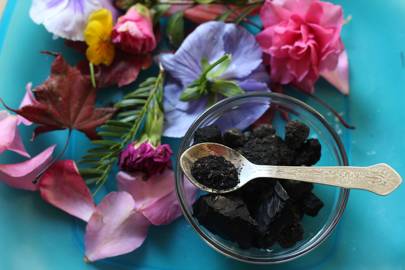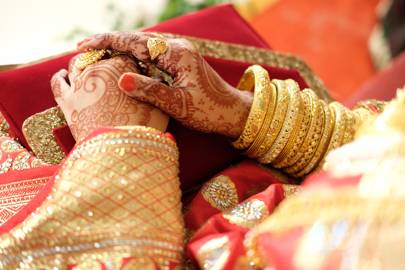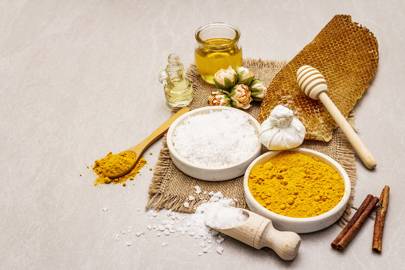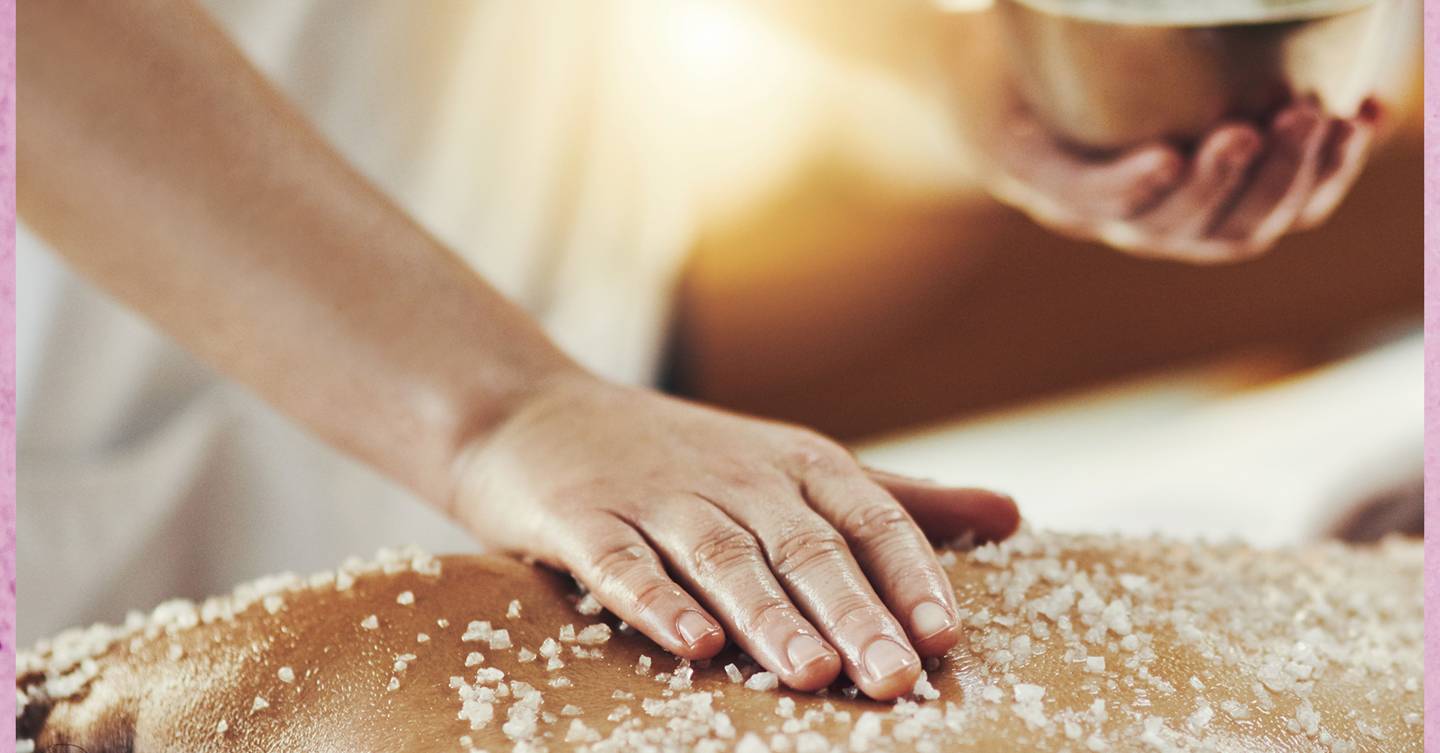When we think of natural beauty, we probably think about anything from making our own body scrubs to – if we’re adventurous and have watched enough YouTube tutorials – creating our own natural deodorants. But ‘natural beauty’ is no longer for those on the fringe of society’ and it is big business. This sector in beauty has risen by 14% in 2018 across the UK alone and globally, it’s currently worth $34.5 billion.
We are having a moment in beauty where consumers are becoming incredibly conscious, questioning what we consume and what we put on our skin. And so it is no wonder that cultural beauty remedies are being revived. It was however only when I, a British born Bangladeshi girl, went on a recent twelve-day trip to Bangladesh, my mother country, that I was reminded of where many natural beauty methods in the West derive from. Just like the UK, where skincare and elaborate nighttime routines are synonymous with self-care, using your hands to grow what ends up being in your kitchen and your bathroom cupboard is customary in Bangladesh. Bangladeshi ‘village’ women, know how to make body scrubs from coconut meat, sugar grains from their own sugar canes, rose and gada (marigold) cream to soften the skin before a momentous occasion…

Getty Images
For Bengali Muslim women, looking after your skin, hair and body through organic treatments (and storing them in food containers, because we’ve always been a reuse, rework and recycle culture) is a form of ibadah (worship). In other words, using the nature around you to look after yourself is a way to say thank you for what Allah has provided. And it doesn’t matter where you are, this cultural wealth of looking after yourself can be seen in pockets across the world.
In Sylhet, I watched women volunteer around the bari (village) to extract neem from the garden trees, only to be generously put into my hair as an act of tenderness and love. For my mother, her experience of this was through the gathering and separating of henna leaves as a child. “We used to get the leaves from the tree the day before Eid. We’d pick and crush them to make them into a paste in a bowl. We didn’t have tubes back then so the only style we could do on our hands were humble dots and using match sticks to draw out designs and patterns”.

Getty Images
These natural beauty exercises are front and centre at ouri weddings. Remember that turmeric face mask you were thinking of buying? Well, you’d need twenty of those for the next activity. “Before the wedding day, the bride and groom have a haldi turmeric shower applied all over their body for brightness and smoothing properties,” says my mother,
“There’s also this special bath everyone gets together for. You go to your local fushkuni or pukur (lake) and everyone has a water fight while trying to remove the turmeric, honey, and flour from the newlywed’s skin,” says Begum. Fresh flowers shape lines of houses as a gesture of sweetness, the idea being that this is how every marriage should begin and remain’.
Natural perfume is also popular – Bangladesh is a hub of greenery. Rajanīgandhā (tuberose) and gada (marigold) is ground into oil or conventionally pressed against children’s skin. That, and the smell of Lyābhēnḍāra (lavender) musk is what many Bengali women smell like. It’s fragrant of generations past and present.
I ask my mother why these traditions have been carried on in the UK and the US, where many Bangladeshi expats live, where grandchildren of immigrants are having their own version of turmeric water fights, our hands are still painted with mendhi the day before Eid and we all have experienced how bouncy our hair can be after we eventually wash out that oil. “First of all.’ she explained, it’s only natural to share with your children what’s good for your skin and second, doing things together, with the resources around you, and making the most of it all, is the essence of Bangladeshi culture.”

Getty Images
Finding myself demonstrating how to make face masks to my friends through measuring tablespoons of flour and honey and teaspoons of turmeric and milk, has a way of making me feel tied to my roots and this experience is shared among my British Bangladeshi peers.
When I asked my WhatsApp group chat filled with British Bengali women (we call ourselves Pengali’s) on what cultural beauty memories they remember growing up, the list was endless.
Makeup artist Tasnim Nahar reminisced on her mother’s organic DIY beauty. “Though my mum had access to toothpaste, she was determined to make her own. She made it from coconut shells and teabags which somehow became activated charcoal.” Fahima Jilani, the founder of Mosa Mosa, a British Bangladeshi food platform, remembered the use of sugar waxing and how flower, egg and lemon somehow always made it into our hair masks.
“Also I’ve always put tel (oil with ingredients such as mustard, coconut and olive oil) in my hair ever since I was really little. This was because everyone used to say, I have really fine hair which isn’t seen as great for South Asian girls,” says Lamisa Khan, co-founder of photography collective and zine, Muslim Sisterhood. “Coming home from school on a Friday night to my mum sitting there with hot oil, ready to massage into my scalp to leave overnight, was the norm. My grandmother would tell me to keep it in for days so my hair could grow longer”. Using ‘tel’, was the same experience every woman I spoke to recounted while growing up British Bangladeshi. The distinct smell of the warm oil poured and then rubbed into our hair and scalp is something that has a way of making us all feel six years old again.
Khan, also has memories of ‘mendhi’. “As a way to commemorate the annual trips to Bangladesh as a child – and as I can’t access fresh henna – I now use powder henna to dye my hair every year. My aunt’s friend sends it from Bangladesh, and it’s infused with coffee and tea. I wrap my hair in cling film and do what I’d be doing in Bangladesh: I sit in the sun for hours.” Following this line of heritage beauty makes access to ‘home’ feel like both here, back there and anywhere. “I think there’s something really beautiful about practising cultural self-care,” agrees Khan. “It reconnects you to your roots – and does good for your roots too”. And that’s a beautiful thing.
